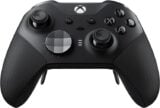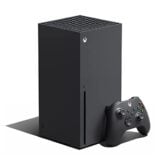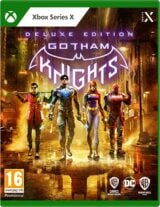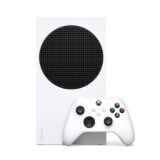New Xbox controller leaks: Accelerometers, speakers, chargeable battery and more
The controller will arrive alongside a mid-generation console refresh
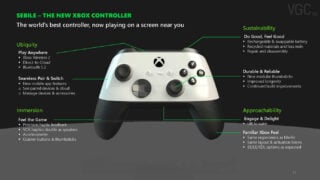
The next evolution of the Xbox controller will have improved haptic feedback, an accelerometer, speakers and a rechargeable and replaceable battery.
The controller appears in unredacted court documents published overnight – seemingly in error – which include an internal Microsoft document titled, ‘Roadmap to 2030’.
The document includes information on Microsoft’s mid-generation console refresh, which says the new console will come with an “all-new, more immersive controller”.
This controller, codenamed Sebile, is then detailed in the document, with all its new features listed.
These new fetaures include the following:
- Improved “precision haptic feedback” using VCA (voice coil actuators), which double as speakers
- An accelerometer, which also adds a ‘lift to wake’ feature
- Modular thumbsticks
- A rechargable battery, which can be swapped out
- Quieter buttons and thumbsticks
The document also says the controller will still have special edition and limited edition colour variations as expected, and will also be added to Xbox Design Lab service, which lets players create their own custom controllers.
The controller appears to largely feature the same form factor as the current Xbox controllers. However, it appears the bottom half of the controller may use a different material for the purposes of grip.
The new controller will accompany ‘Brooklin’ and Ellewood, the planned mid-generation refreshes for the Xbox Series X and Series S respectively.
In June, Xbox boss Spencer said a potential mid-cycle upgrade for Series X wasn’t a priority for Microsoft, and reiterated this in interviews published last month. Since ‘Brooklin’ seems to have the same core specs as the standard Series X, Spencer appears to have stuck to his word.
“As soon as you start doing mid-gen refreshes, you’ve got a bunch of issues in front of developers, on what platform they target,” he told Eurogamer.
Spencer added: “If we get into a console world where, every two years, we now have three or four closed ecosystems that are upgrading their hardware every two years, I’m gonna wonder – how is that helping creators or players? To me it feels like we are creating a ton of complexity for creators and players in something that used to be very simple. And maybe there’s another model for us.”
